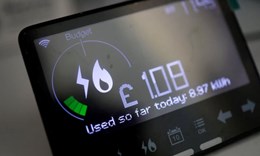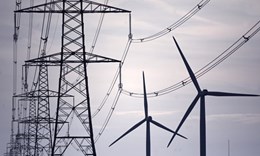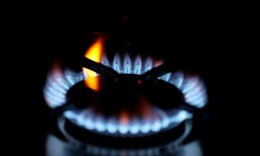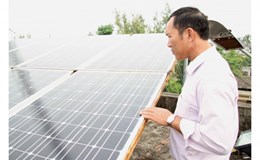Thursday, 22/01/2026 | 23:28 GMT+7







.jpg?w=260&mode=crop)



.jpg?w=260&mode=crop)






.jpg?w=260&mode=crop)

 Steel Enterprises Saving Energy and Enhancing Competitiveness
Steel Enterprises Saving Energy and Enhancing Competitiveness
 Strengthening Sales and Marketing Capacity for Energy Efficiency Equipment and Solution Suppliers
Strengthening Sales and Marketing Capacity for Energy Efficiency Equipment and Solution Suppliers
 Capacity Building for Energy Officers of Government Agencies in the Central region
Capacity Building for Energy Officers of Government Agencies in the Central region
 Energy Efficiency and Conservation: Technology as the “Key”
Energy Efficiency and Conservation: Technology as the “Key”
 Energy-saving solutions and green transition promotion
Energy-saving solutions and green transition promotion
 Opening of the 2025 Energy-Efficient Equipment and Green Transition Exhibition Fair
Opening of the 2025 Energy-Efficient Equipment and Green Transition Exhibition Fair
 Develop sales and marketing strategies for energy efficiency equipment and solution suppliers
Develop sales and marketing strategies for energy efficiency equipment and solution suppliers